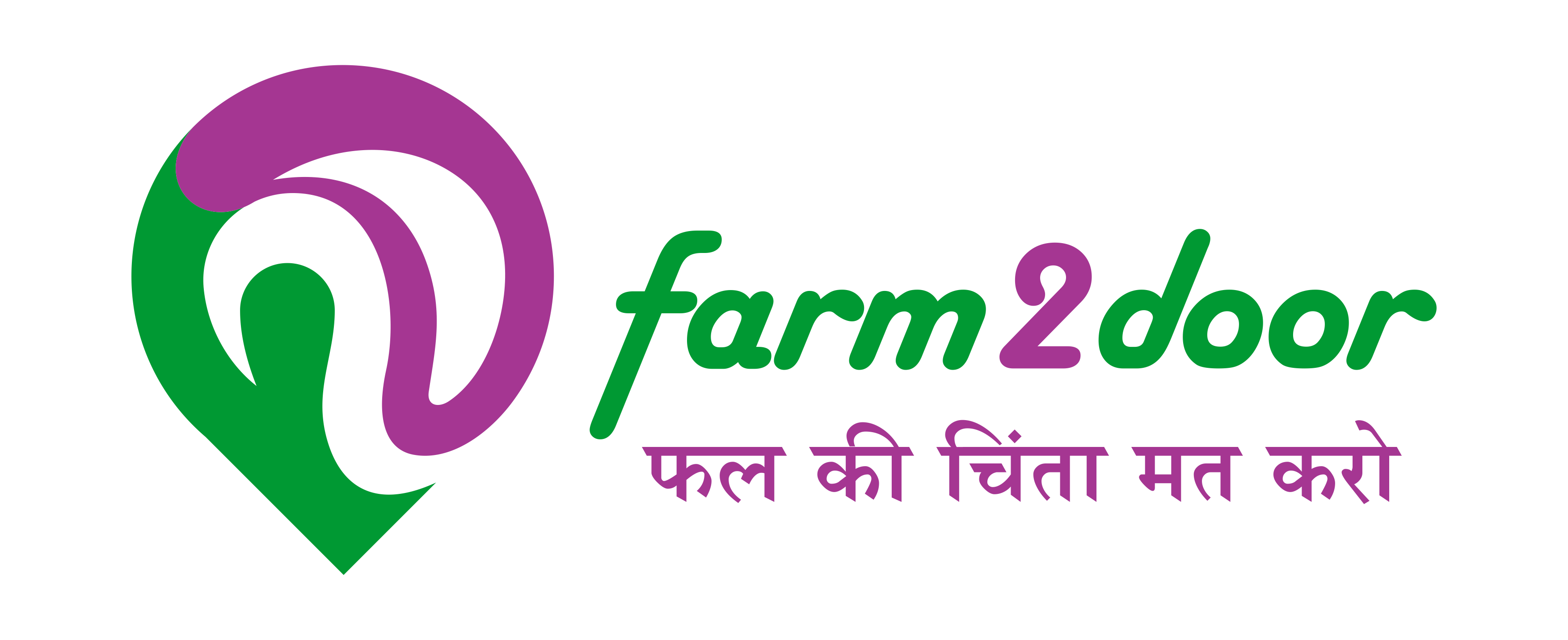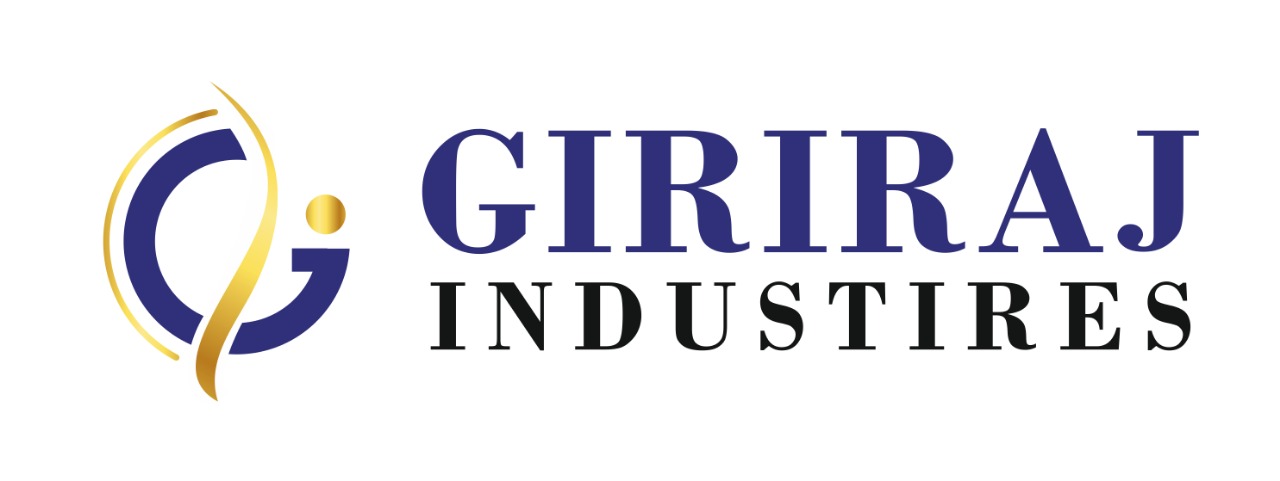In the world of artificial intelligence, it is easy to get caught up in the hype and speculation surrounding new technologies. Recently, ChatGPT, a chatbot language model developed by OpenAI, has received a lot of attention for its ability to generate human-like text and carry on conversations. This has led some people to speculate that Google, one of the world’s largest and most successful technology companies, might be threatened by ChatGPT or other language models.
However, it is important to understand the differences between ChatGPT and Google, and to recognize the unique capabilities and limitations of each. ChatGPT is a language model, which means it is trained to generate or understand natural language text. It can be used to create chatbots, language translation systems, and other natural language processing applications. Google, on the other hand, is a search engine, which allows users to search the internet for information based on keywords or phrases.
While ChatGPT and Google both use artificial intelligence, they serve very different purposes and are not in direct competition with each other. ChatGPT is a tool that can assist with tasks related to language generation and understanding, while Google is a search engine that helps users find information on the internet. It is important to recognize the strengths and limitations of each technology and to understand how they can work together to solve complex problems and tasks.
One of the main differences between ChatGPT and Google is in their capabilities. ChatGPT is a powerful language model that can generate human-like text and carry on conversations. It has even demonstrated the ability to translate languages, a task that requires a high level of language understanding. This kind of language generation and understanding is a complex task, and the fact that ChatGPT and other language models can do it so well is certainly impressive.
However, it is important to recognize the limitations of language models like ChatGPT. While they can generate and understand natural language text, they are not able to do things like search the internet or perform other tasks that a search engine like Google is designed to do. Language models are also not able to “think” or make decisions in the same way that humans do. They are trained on vast amounts of data and can generate text that is similar to human language, but they do not have the same level of understanding or comprehension as a human.
In addition to the differences in capabilities, it is important to consider the different business models of ChatGPT and Google. ChatGPT is a product developed by OpenAI, a research organization focused on advancing artificial intelligence. Google, on the other hand, is a publicly-traded company with a wide range of products and services, including search, advertising, and cloud computing. While OpenAI may be working on interesting and innovative technologies, it is not a direct competitor to Google in terms of business.
So, is Google scared of ChatGPT or other language models? It is unlikely. While ChatGPT and other language models are impressive and have unique capabilities, they serve different purposes than search engines and are not in direct competition with them. Google is a well-established company with a wide range of products and services, and it is not likely to be threatened by the development of a chatbot language model.
In conclusion, ChatGPT and Google are both examples of advanced artificial intelligence technologies, but they serve very different purposes and are not in direct competition with each other. ChatGPT is a powerful tool that can assist with tasks related to language generation and understanding, while Google is a search engine that helps users find information on the internet. It is important to recognize the strengths and limitations of each technology and to understand how they can work together to solve complex problems and tasks.
Contact Alasture, for AI based chat bot development that integrate CHAT GPT also contact for Digital Marketing Work.






Copyright © 2025 Alasture. All rights reserved.